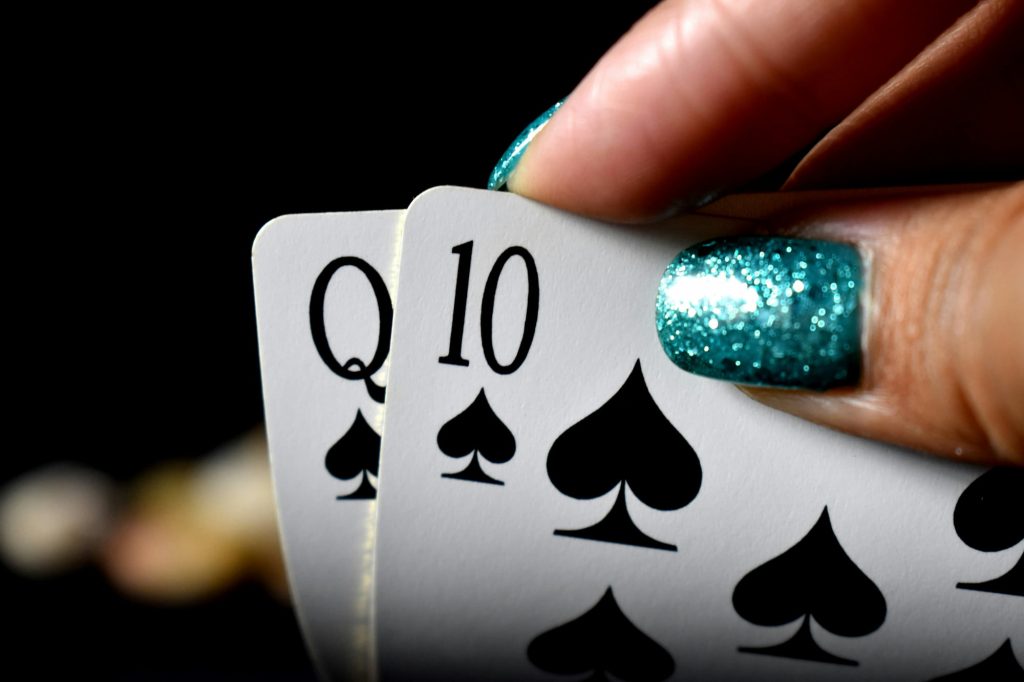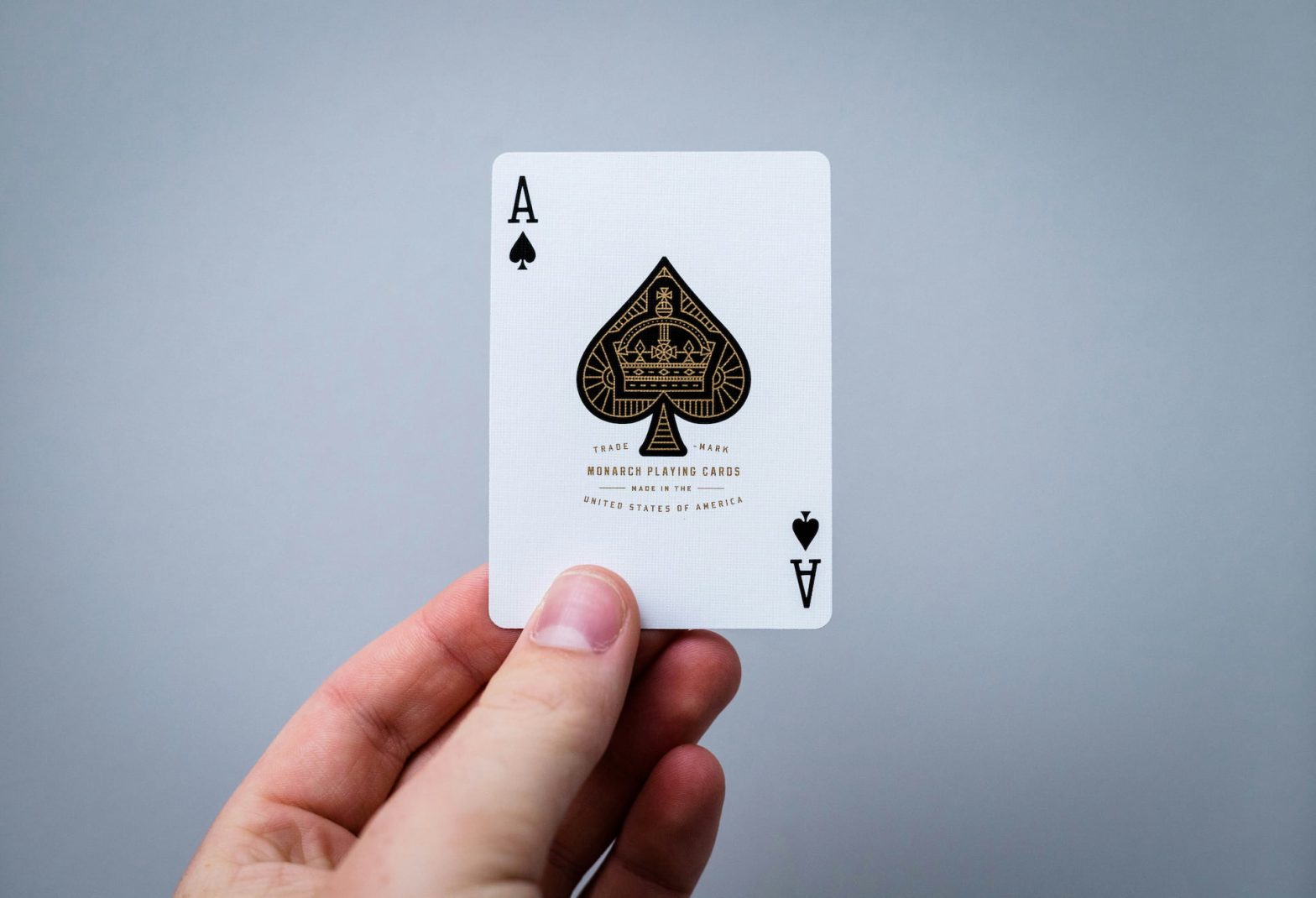Numbers are omnipresent. Elevator floors, cash registers and clocks all serve as time indicators. Numerals are of notable importance to many individuals, as they symbolize fortune and power. People consider 7 to be lucky, whereas some completely avoid 13. But why is that?
What determines why we pick specific digits for gambling while passing over others? Let’s dive into the psychology of lucky numbers and uncover the fascinating reasons behind our choices on 22Bet. We might not even realize it, but we could subconsciously manifest great rewards!
The Allure of the Number 7
Ask anyone to name a lucky number, and chances are they’ll say 7. From slot machines to lottery tickets, it’s a favourite. But why is it considered so special?
One reason is its frequent appearance in religion. In Christianity, the numeral is considered divine. Think of the seven days of creation or the seven virtues. There are seven heavens in Islam, and in Hinduism, seven chakras. Even in nature, it pops up: seven colours in a rainbow, seven continents, and seven seas. This repetition makes it feel consequential, almost magical.
Psychologically, it also stands out because it’s a prime number. It can’t be divided or broken down, which gives it a sense of uniqueness and strength. Studies also show that humans can easily remember about seven items at once, making it a familiar and comfortable digit.
When people bet on it, they tap into a deep-rooted belief in its power and luck. It’s a small act of hope, a way to feel connected to something bigger than themselves.
The Fear of the Number 13

On the other hand, there’s 13. Many consider this number to be the worst possible misfortune. Many buildings skip the number 13 in their floor count, and aircraft avoid placing seats in row 13. People also sometimes refrain from leaving their homes on Fridays the 13th. But what are the origins of this common anxiety?
A theory attributes religious factors to the phenomenon. Jesus attended the Last Supper together with his twelve disciples, making a total of thirteen individuals present. Judas served as the 13th guest, but he was the one who betrayed Jesus. This connection to misfortune has persisted for at least two centuries.
Another source is explained through Norse mythology. It describes how Loki caused death at a dinner party through his role as the 13th guest with his godlike powers of mischief.
Psychologically, 13 is also an outlier. It follows 12, which is considered a “complete” number (12 months in a year, 12 zodiac signs, 12 hours on a clock). Breaking that pattern feels unsettling.
For those who avoid it, it’s also about preventing discomfort, and by steering clear, they feel safer and more in control.
The Role of Culture and Personal Experience
People across various cultures identify 7 and 13 as universal symbols that bring luck or fear, but their beliefs stem from different cultural influences. The Chinese language marks eight as prosperous because it sounds like the word for “wealth,” but they detest four, as it resembles the word for “death.”
Personal experiences also matter. Someone who has had success with 7 before will likely make it their next selection. A negative experience linked to the number 13 will strengthen the associated fear.
